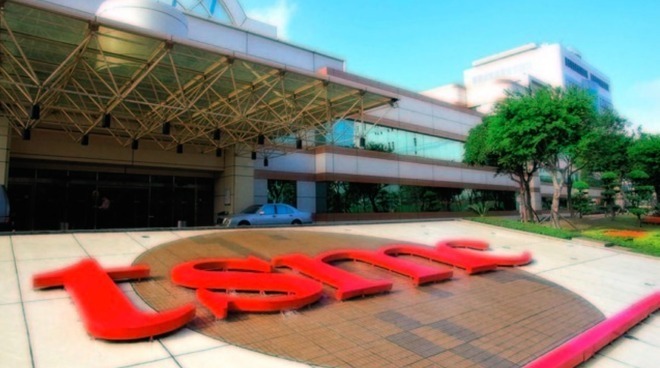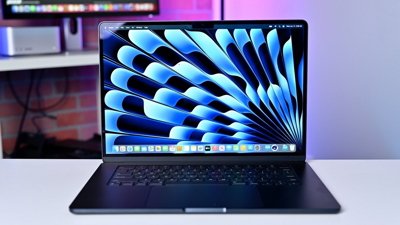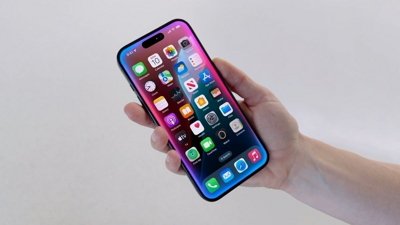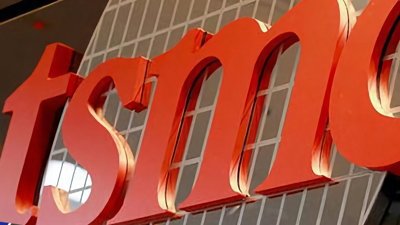Taiwan Semiconductor Manufacturing Company and competitor GlobalFoundries on Monday inked an agreement to cross-license certain patents related to semiconductor technology, resolving a two-month-old multi-jurisdictional legal dispute that threatened the businesses of customers like TSMC partner Apple.
Under terms of what is being billed as a "broad" global patent cross-licensing deal, TSMC and GlobalFoundries will license each other's existing worldwide semiconductor patents, as well as future intellectual property filed in the next 10 years, in a bid to halt hostilities.
The solution allows companies reliant on TSMC and GlobalFoundries silicon to freely access the chipmakers' technologies and services. Apple, for example, is no longer in danger of being subject to a potential ban on iOSM devices operating on A-series chip fabricated in TSMC's foundry.
"The semiconductor industry has always been highly competitive, driving the players to pursue innovation that enriched the lives of millions of people around the world. TSMC has invested tens of billions of dollars towards innovation to reach our leading position today." said Sylvia Fang, General Counsel for TSMC. "The resolution is a positive development that keeps our focus on advancing the needs of our customers for technologies that will continue to bring innovation to life, enabling the entire semiconductor industry to thrive and prosper."
GlobalFoundries in August filed multiple complaints against TSMC, Apple and other associated companies for alleged infringement of 13 U.S. patents and three German patents covering semiconductor manufacturing processes. Lawsuits were filed in Delaware, Texas and Germany, while a complaint was lodged with the U.S. International Trade Commission.
TSMC vowed to fight the legal barrage, saying it was confident that the allegations were "baseless." Apple's chip supplier answered back in September with its own set of patent infringement lawsuits filed in Germany, Singapore and the U.S.
With a steady stream of orders coming in from Apple and other big-name technology sector players, TSMC is considered the world's largest contract chipmaker. The company's latest and most advanced chip, Apple's A13 Bionic, is thought to be fabricated on a special 7nm process dubbed "N7 Pro."
 Mikey Campbell
Mikey Campbell







-m.jpg)






 Marko Zivkovic
Marko Zivkovic
 Wesley Hilliard
Wesley Hilliard
 Christine McKee
Christine McKee


 Malcolm Owen
Malcolm Owen
 William Gallagher
William Gallagher
 Andrew O'Hara
Andrew O'Hara







12 Comments
I have to think Global realized just how stupid their actions where. They literaLly attacked a company that their customers had to turn to. The big one being AMD. I can’t imagine AMD was all too happy about remaining work at Global considering how far behind Global is. Makes me wonder if Apple was expressing private thoughts about the wisdom of supporting anything Global manufactured.
The whole thing is interesting. I wonder what TSMC patents GF will be able to use to seriously advance their production. Remember that they gave up on fabbing anything below 12nm a year ago. This won’t help them do that. $12 billion in funds would, but they won’t get it.
Indeed...The semi-con industry has always been different from the rest of tech industry. They push forward with innovation instead of suing each other. It’s common to have step on each others’ IP along the way. If this has ended up following through the ‘suing’ route, it will open up a whole lot of shit.